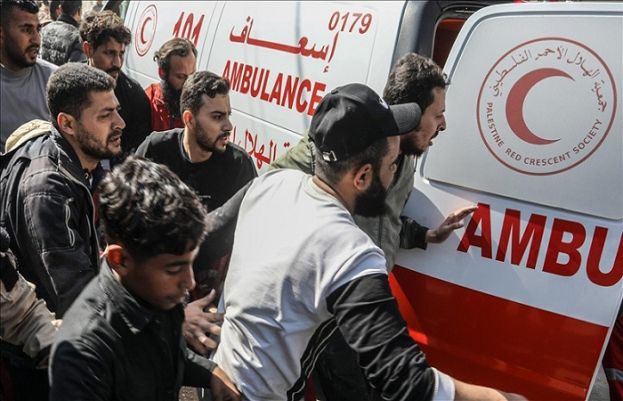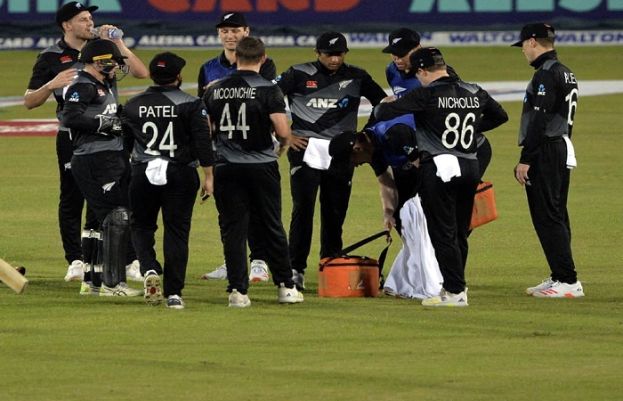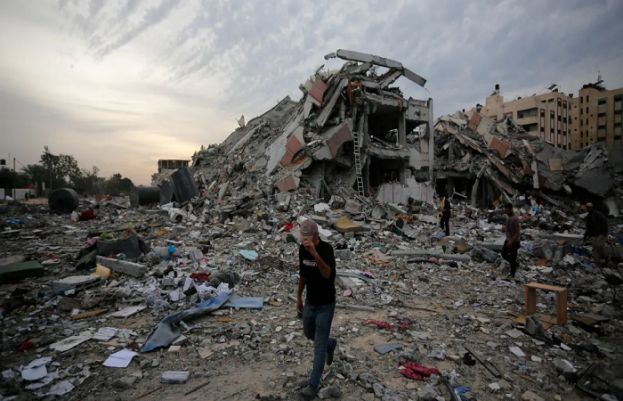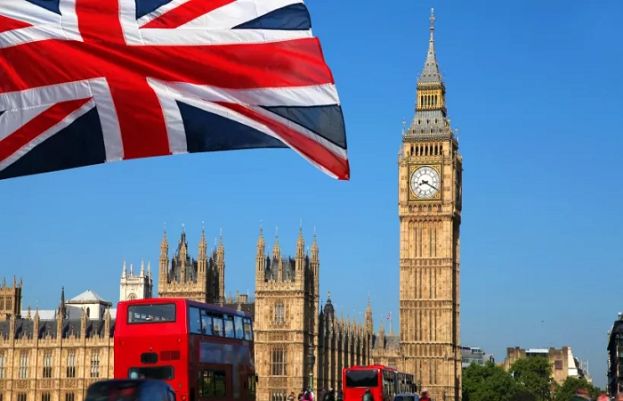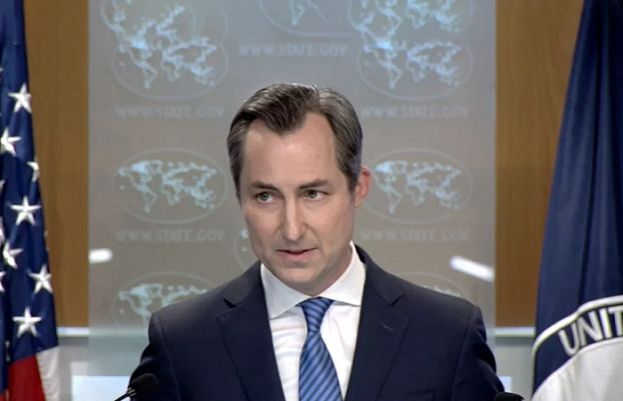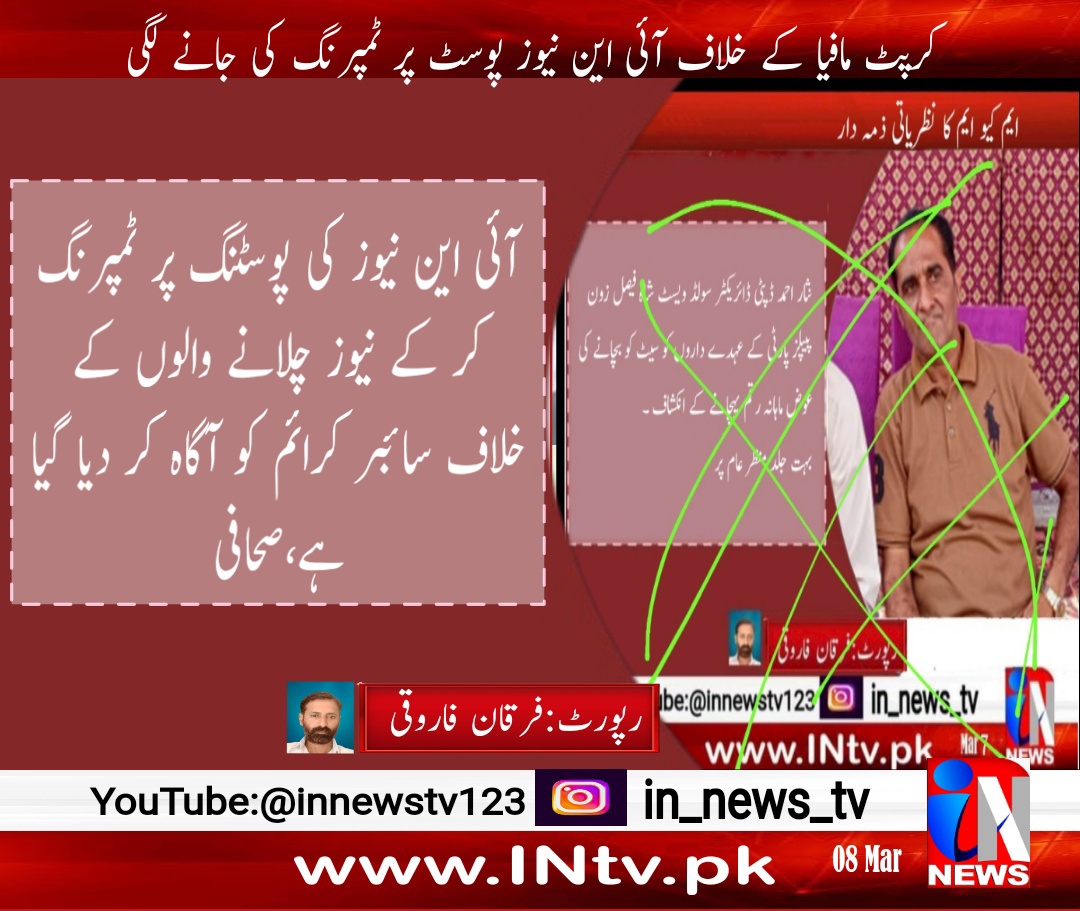
It is possible that our ancient ancestors recognised the benefits of fasting: As well as during the month of Ramadan in the Muslim calendar, fasting is also observed in the month of Lent in the lead-up to Easter for Christians, and during Yom Kippur in Judaism.
More recently, studies have shown that fasting can actually have beneficial effects on the immune system by reducing the amount of general inflammation that can occur in cells around the body.
Fasting is thought to put the body into an “energy conservation mode” due to the lack of nutrients coming in. In an effort to save energy, the body recycles many of its old or damaged immune cells, which later promotes the generation of new, healthier immune cells when the fasting period ends.
These new cells are quicker and more efficient at fighting infections so overall immunity improves.
The key thing that sets a religious Ramadan fast apart from diets that promote weight loss through intermittent fasting regimes is the abstinence from drinking water. This may make all the difference.
While a study has shown that prolonged water fasting beyond 12 to 24 hours can have a slight detrimental effect on the immune system, putting you at a slightly increased risk of catching any kind of infection, it also showed that immunity returned to a better state soon after eating and drinking again.
Granted, these studies were not looking at the specific fasting that takes place in Ramadan but separate studies show that the religious fasting of Ramadan has comparable health benefits to other types of fasting.
This comes with the caveat of having a healthy diet in the periods between fasting: We all know there is a tendency to overindulge in fried foods such as samosas and pakoras during the breaking of the fast, and that certainly will not help the immune system.
Fasts will vary in length depending on where a person lives in the world and what time of year the month of Ramadan falls in, but the evidence suggests that abstaining from both food and water for up to 12 hours can have an overall beneficial effect on your immune system.
It is important to stress that the Muslim faith only expects fasting from those who are healthy enough to do so, and fasting must not be used simply as a way to boost your immune system.
As this will be our first Ramadan during a coronavirus pandemic, it is impossible to know whether fasting may offer some level of protection against getting the illness itself and, although it is not beyond the realms of possibility, it is important to stick to the things that we do know work: social distancing, hand-washing, hygiene and self-isolation.



